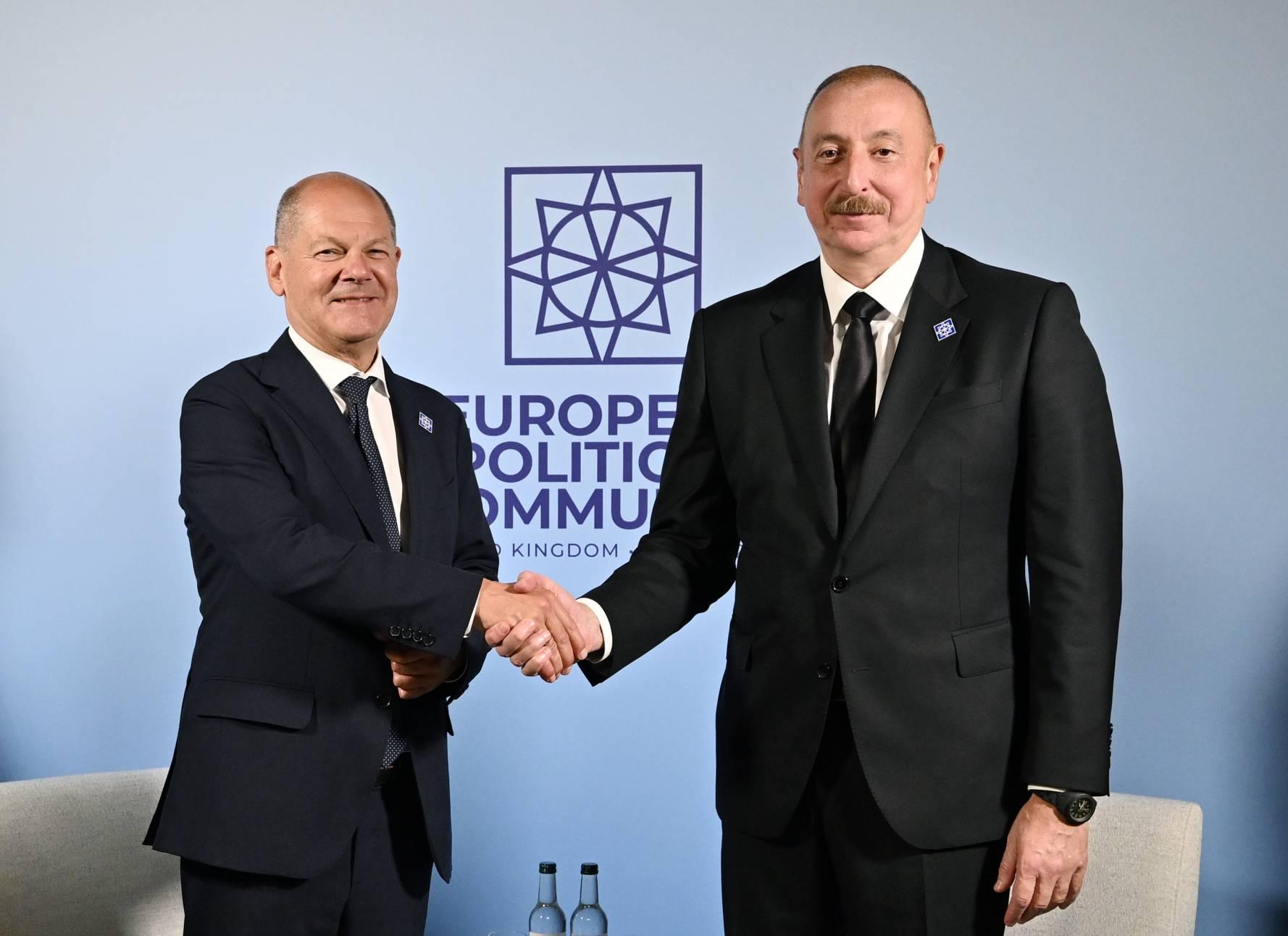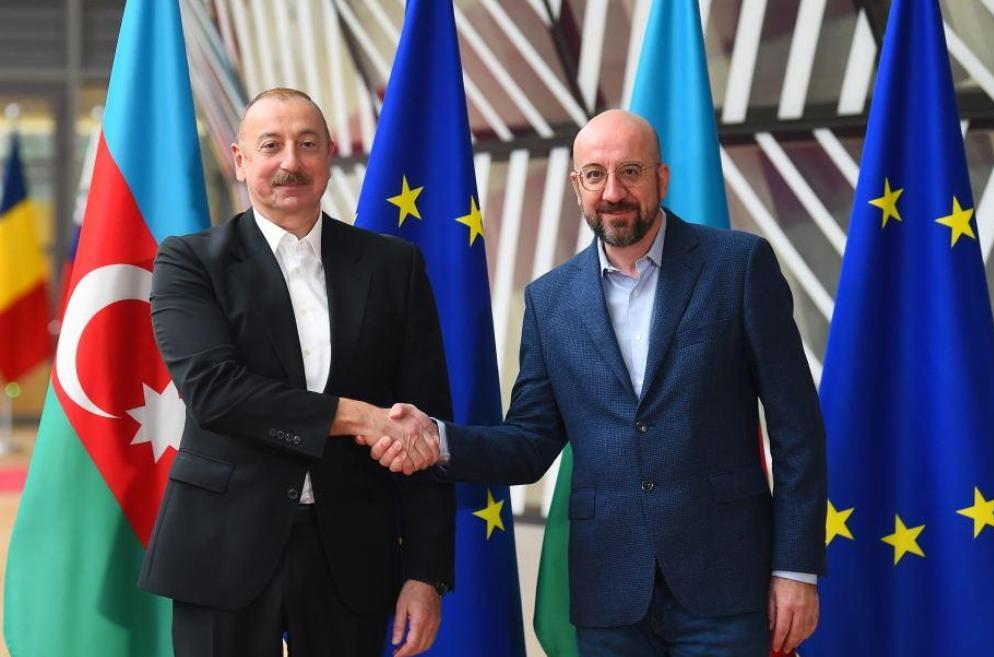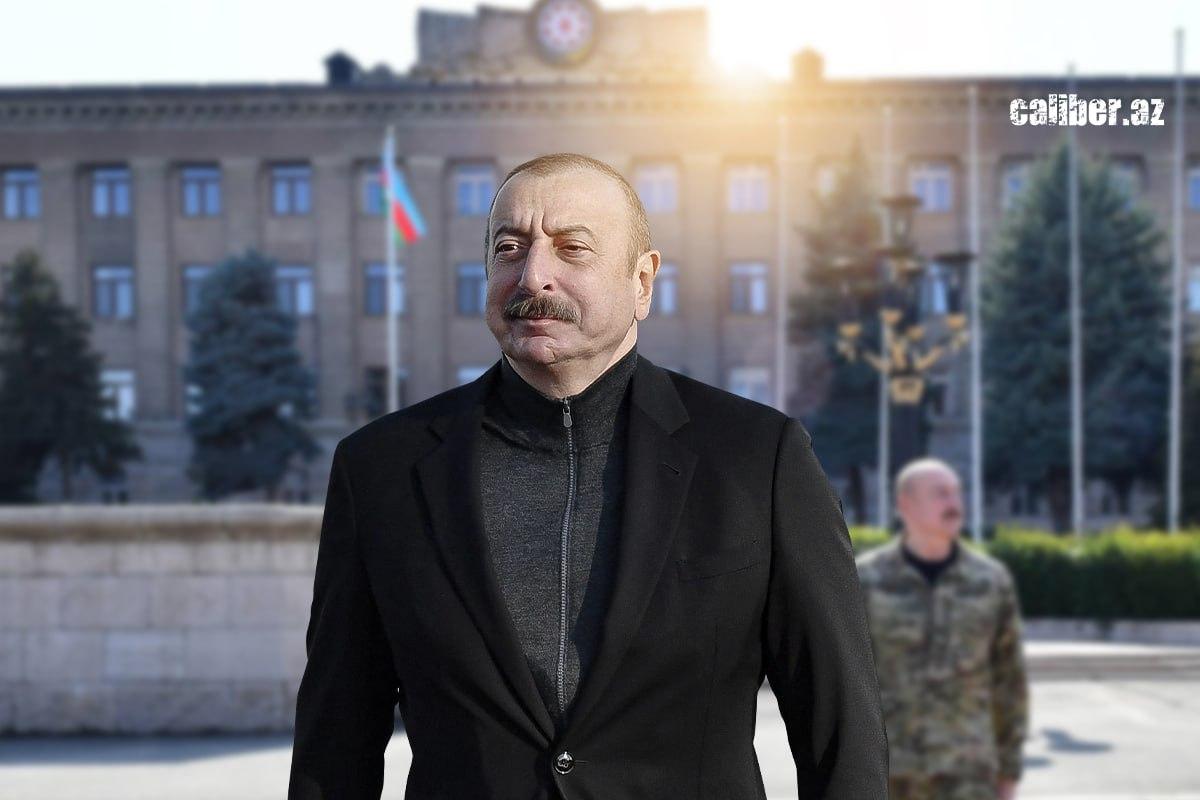How Azerbaijan asserts its global influence? President Aliyev in London
President of Azerbaijan Ilham Aliyev has consistently been a welcome and respected guest at high-level international events. His status is solidified by Azerbaijan's significant successes in foreign policy, the economy, and achieving its strategic goals. In a time when many countries, including some of the world's leading nations, are grappling with severe internal political conflicts, Azerbaijan's stability and progressive development are especially valued.
This was evident at the recent plenary session of the IV summit of the European Political Community in London. President Aliyev held constructive meetings with President of the Swiss Confederation Viola Amerd, President of Bulgaria Rumen Radev, President of Serbia Aleksandar Vucic, President of Finland Alexander Stubb, Prime Minister of Hungary Viktor Orban, Prime Minister of the Czech Republic Petr Fiala, and Prime Minister of Luxembourg Luc Frieden. He also exchanged views with President of the European Council Charles Michel and Chancellor of Germany Olaf Scholz.
During these meetings, President Aliyev detailed the progress made in border delimitation and demarcation as an integral part of the negotiation process between Armenia and Azerbaijan. He emphasised Azerbaijan's commitment to the peace agenda and the early signing of a peace treaty, underscoring the country's support for the ongoing peace process.

This fundamental point undermines official Yerevan's ability to engage in primitive speculations. The situation is more than obvious. The entire world has witnessed how frequently and dramatically Armenian Prime Minister Nikol Pashinyan's stance has shifted from "hawkish" to "dovish" and back again. However, in the UK, we saw a breakdown in his game. Pashinyan avoided another meeting with the President of Azerbaijan. The reason for this avoidance is clear: Pashinyan has consistently shunned public debates with Aliyev, fully aware of the significant intellectual disparity between himself and our head of state.
Furthermore, our president has unequivocally highlighted the main obstacle to signing a peace agreement: the territorial claims to Azerbaijan enshrined in the Armenian Constitution. Prime Minister Pashinyan has to navigate this delicate issue carefully, balancing his portrayal of readiness for peace with avoiding backlash from his political opponents and Armenian society. This manoeuvring is so transparent that any excuses or justifications from official Yerevan, especially attempts to shift blame, appear almost comical.
This is particularly evident to the leaders of countries and organizations familiar with the intricacies of the Armenian-Azerbaijani relations settlement process. Leaders like Charles Michel and Olaf Scholz, who are well aware of the situation, remember and understand all the details.

Let us also recall the details of the Munich Security Conference held in February. At that time, the trilateral meeting between President Aliyev and Prime Minister Pashinyan, facilitated by German Chancellor Olaf Scholz, swiftly devolved into a bilateral discussion. A similar format was anticipated in London. However, Pashinyan was understandably apprehensive about another potential failure. While he has postponed the meeting, he has not avoided it altogether. The resolution of issues impeding lasting peace in the region cannot be indefinitely deferred.
Similarly, Armenia cannot maintain a façade of global significance forever. The reality is stark and undeniable: Armenia has consistently been, and may forever remain, an outsider in the South Caucasus—a country lacking substantial influence, deprived of key attributes of sovereignty and independence, and limited in every conceivable way.
Azerbaijan, on the other hand, represents a different scenario. As highlighted by President Aliyev, for nearly two decades, Azerbaijan has spearheaded the development and operation of a pipeline that uniquely connects the Caspian Sea with the Mediterranean Sea. In fact, Azerbaijani oil meets over fifty per cent of the demand in some countries. Furthermore, Azerbaijan has been a crucial gas supplier to Europe for over three years now. The strategic energy partnership between Azerbaijan and the EU aims to double gas supplies to Europe by the end of 2027, and we are actively working towards achieving this target.

Across Europe, it is well recognized that President Ilham Aliyev of Azerbaijan stands out as a remarkably unique leader in today's world. His actions consistently align with his words. His influence extends beyond merely supplying oil and gas; it encompasses his remarkable ability to secure historic diplomatic and military-political victories, despite Armenia's provocations and the backing of its successive patrons. This reality has been, is, and will continue to be a defining aspect of his leadership.








